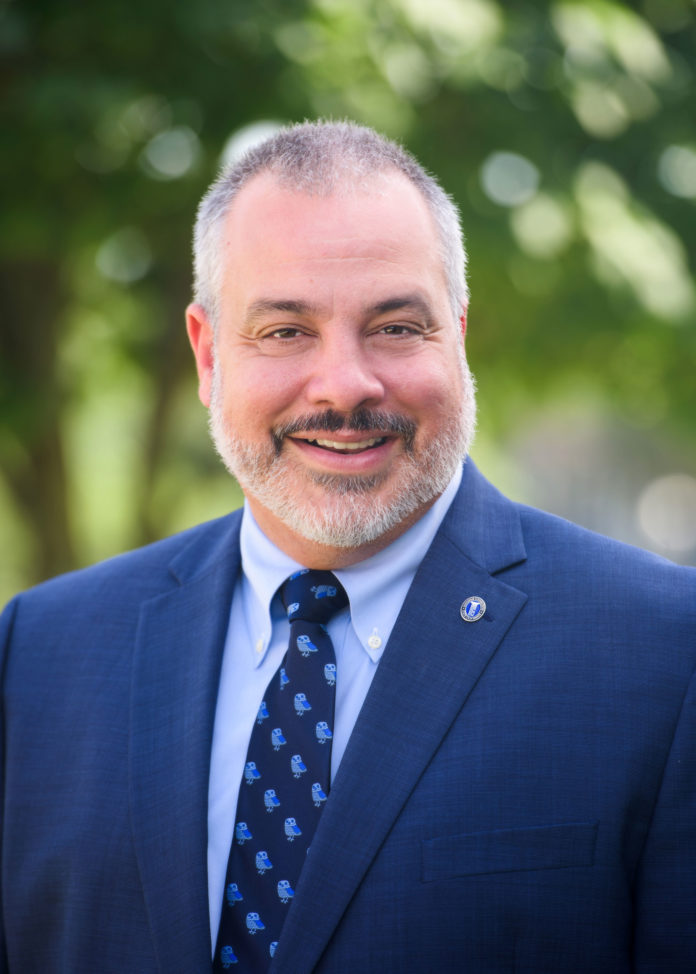When I was an undergraduate, I didn’t attend an institution that had fraternities and sororities.
My first experience with Greek Life came during my second year as a student affairs professional at another college. At the start of the year, I was asked to oversee fraternities as the new IFC adviser. I had a feeling that the administration was looking for a way to end the Greek Life program altogether. At the time, I was not a fan of fraternities.
On day one in my new role, I was walking down the staircase overlooking a lounge commonly used by Greeks. Lee, a developmentally disabled man who worked in the food court, was sitting by himself, eating a slice of pizza and reading a comic book. Three male students approached him and began to bully him. Without missing a beat, I watched as three fraternity men intervened. Led by a short, stocky guy nicknamed “Sause,” they stopped the bullying in its tracks.
I watched in awe as Sause and his brothers bought Lee a fresh lunch, sat with him and spent time with him. In that moment, I considered for the first time that there might be something more to Greek Life. Thus began my journey as a Greek Life advocate.
Soon after this incident, Sause and his fraternity invited Lee to become their brother. To this day, they ensure that Lee is cared for. It would only be a matter of time before Sause asked me to be his brother. Sause became my “Big” — and remains so to this day.
I went on to serve my fraternity as an adviser, an ACB president, and a district governor. In 2001 I was elected to the national board and served as a national vice president. Much to my own surprise, in 2017, I received one of my fraternity’s highest honors.
So in many ways, I’m a “convert,” an unexpected fraternity man, but also, in a sense, a frustrated one.
As we know, the public perception of fraternities is often shaped by negatives in the media. Sadly, we have been discussing and confronting the same challenges for decades. Hence, the source of my frustration. While some behaviors are inexcusable, there remain many wonderful things that happen in Greek Life.
Annually, for example, the 380,000 fraternity members on 800 campuses nationwide raise $20 million-plus for philanthropic causes. They devote 3.8 million hours to service in their local communities. And their average GPA of 2.912 is higher than that of all male students nationally.
In my view, what distinguishes the fraternity experience is the focus on building relationships, fostering interconnectedness and offering new perspectives. Through their emphasis on community, fraternities have the unique capability to expose students to career possibilities, personal growth opportunities and points of view that they would never have experienced individually.
We need to balance these experiences with vigilance and a commitment to our values, so that fraternities are known, not for their missteps, but for helping to build better men.
Joe Bertolino is president of Southern Connecticut State University in New Haven.






















